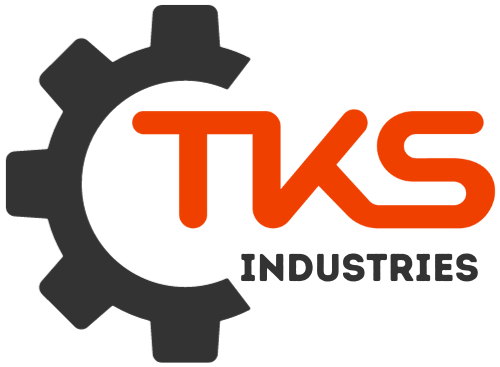[ad_1]
The Ultimate Guide to Industry Machinery: A Look into the Machines Powering Modern Production
From the assembly lines of car factories to the bakery down the street, industry machinery forms the backbone of modern production. These powerful tools, often complex and specialized, enable manufacturers to create products efficiently and at scale.
Choosing the Right Machinery: A Complex Equation
Selecting the appropriate machinery for a specific industry and application is a complex process. Several factors come into play:
- Production Volume: High-volume production often necessitates automated machinery, while smaller setups may rely on more versatile, manually operated equipment.
- Product Type: Different industries and products demand specialized machinery. For instance, woodworking requires sawmills and jointers, while metalworking needs lathes and presses.
- Material Handling: The machines chosen must seamlessly integrate with existing material handling systems, ensuring efficient workflow and minimizing downtime.
- Budget Considerations: Machinery costs vary significantly, and it’s essential to find a balance between performance and affordability.
- Future Growth: Foresight is crucial. Choosing scalable machinery allows for future expansion without needing a complete overhaul.
Common Types of Industry Machinery:
While numerous types exist, here’s a glimpse into some common categories:
- Metalworking Machinery: Lathes, milling machines, drills, presses, and welding equipment shape and join metal components.
-
Woodworking Machinery: Saws, planers, routers, jointers, and sanders process wood into finished products.
- Textile Machinery: Looms, spinning machines, knitting machines, and dyeing equipment transform fibers into fabrics.
- Packaging Machinery: Packaging machines automate the process of filling, sealing, labeling, and transporting products.
- Food Processing Machinery: A wide range of equipment, including grinders, mixers, ovens, and packaging machines, ensures food safety and efficient processing.
Embracing Technological Advancements:
The industry machinery landscape is continuously evolving.
- Automation: Robots and automated systems offer increased productivity, precision, and consistent output.
- Digitalization: Sensors, data analysis, and machine learning optimize operations, predict maintenance needs, and improve overall efficiency.
- Additive Manufacturing: 3D printing enables on-demand manufacturing, prototyping, and the creation of complex, custom designs.
Looking Ahead:
Industry machinery will continue playing a crucial role in shaping the future of manufacturing. As technology advances, expect to see even greater levels of automation, efficiency, and sustainability in the machines powering our modern world.
This ultimate guide provides a starting point for understanding the vast world of industry machinery. For specific industries or applications, further research and consultation with experts are recommended.
[ad_2]
